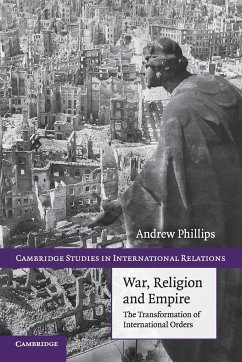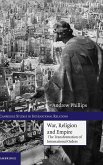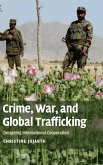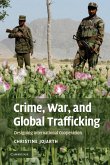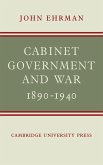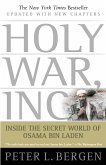What are international orders, how are they destroyed, and how can they be defended in the face of violent challenges? Advancing an innovative realist-constructivist account of international order, Andrew Phillips addresses each of these questions in War, Religion and Empire. Phillips argues that international orders rely equally on shared visions of the good and accepted practices of organized violence to cultivate cooperation and manage conflict between political communities. Considering medieval Christendom's collapse and the East Asian Sinosphere's destruction as primary cases, he further argues that international orders are destroyed as a result of legitimation crises punctuated by the disintegration of prevailing social imaginaries, the break-up of empires, and the rise of disruptive military innovations. He concludes by considering contemporary threats to world order, and the responses that must be taken in the coming decades if a broadly liberal international order is to survive.
Hinweis: Dieser Artikel kann nur an eine deutsche Lieferadresse ausgeliefert werden.
Hinweis: Dieser Artikel kann nur an eine deutsche Lieferadresse ausgeliefert werden.
'This extraordinary conceptual and historical analysis of changes in international orders analyzes the threats that Islamist radicalism and transnational terrorism pose for the present American-centered order through two historical lenses: the collapse of Latin Christendom under the impact of the Reformation and a revolution in war fighting, and the liquidation of the Sinosphere brought about by dynastic decay, millenarian rebellions, and the encroachment of Western imperial expansion. Phillips is theoretically bold and incisive and succeeds in escaping the Western-centric perspective that typifies most contemporary international relations theory. If the second-hands of history, our daily news and pundits, are condemned to tell the wrong time, here is a book for the ages that comes as close to getting things right as is humanly possible. This is a triumph of superior scholarship.' Peter J. Katzenstein, Cornell University

